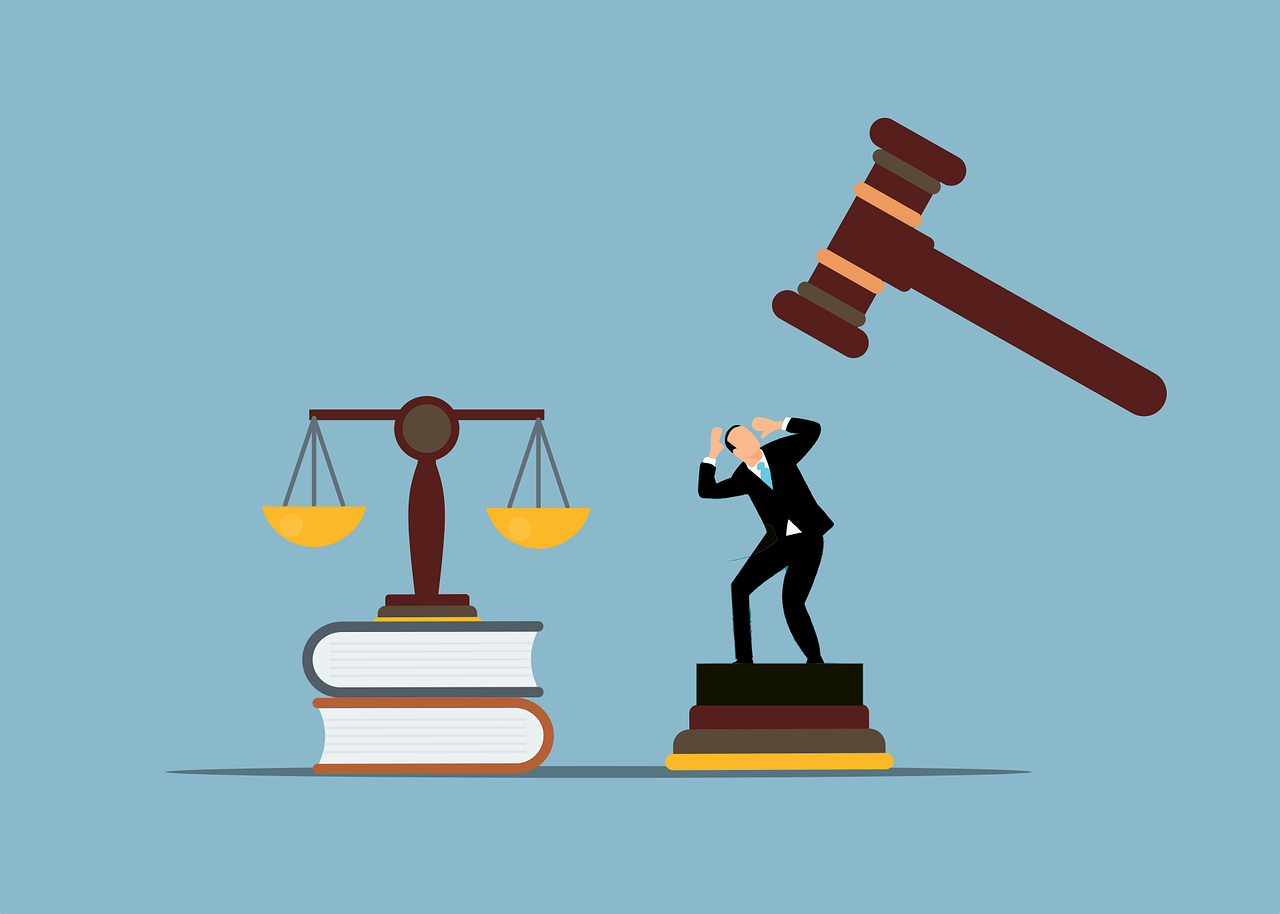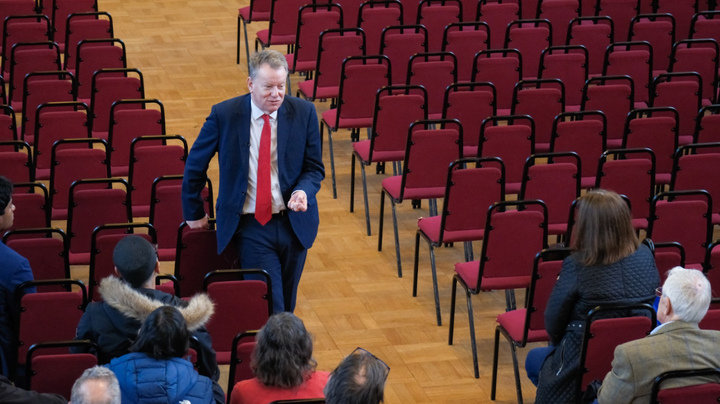Epistemic Injustice in Politics

Krish Chaddha
"In a room where people unanimously maintain a conspiracy of silence, one word of truth sounds like a pistol shot."— Nobel laureate, Czesław Miłosz.
What exactly is epistemic injustice in politics? To break this term down, epistemology relates to the nature, scope and limits of knowledge, while injustice describes the breach of an individual’s moral or legal rights. Now, as we reconstruct the phrase epistemic injustice, we understand that it is when the knowledge, of members of society, is prejudicially discounted in dialogue relating to society’s welfare.
In order to digest this complex issue, we must begin with its theoretical foundations. Miranda Fricker laid the groundwork for our understanding in her thesis- Epistemic Injustice: Power and Ethics of Knowing, wherein she coined the term epistemic injustice and illuminated how power dynamics impact our understanding of knowledge; and consequently, how individuals are treated based on their epistemic standing. Epistemic injustices manifest themselves in two different forms: testimonial and hermeneutical. Testimonial injustices occur when a statement is, unjustly, not believed and is viewed as less credible/important. Hermeneutical injustices, however, are more complex - they happen when an individual cannot communicate their knowledge due to society not yet being able to understand what they mean.
When discussing the influential philosophers behind the development of this concept it would be amiss to not mention Charles W. Mills. His insights into social epistemology and how the development and dissemination of knowledge varies with the social hierarchy, allowed Fricker to build upon his work with a more specific focus on epistemic injustice.
So that we can delve deeper into the theoretical landscape of the topic, let’s reiterate and refine our definition - it is when one's capacity to give or receive knowledge, and perspectives of experiences, is undermined because of how society may discredit the information based on who said it and stereotypes surrounding the individual's attributes.
Political frameworks, meant to serve and fairly represent the people, often silence and discredit those with characteristics that deviate from what society would deem as normal or ‘worth listening to’. The nature of this systemic issue means that it is perpetuated not only by governmental structures but also by the idle conversations which shape political narratives. This discourse, which intends to develop policy, often becomes a breeding ground for epistemic injustice, where a select few in positions of power create narratives which affect the nation.
As we move from theory to reality, I believe that the best way to identify the commonplace epistemic injustices in all societies is by example. An example of testimonial injustice can be seen in the United States; During the period of forced displacement of indigenous communities in the US, there were land seizures which included areas of precious ecosystem. Over the years of indigenous control, they researched and generated valuable knowledge about sustainable practices. After the indigenous populations were removed from these areas the development of comprehensive and culturally sensitive policies was sacrificed, thanks to the marginalisation of the knowledge Native Americans had accrued over thousands of years.
A hermeneutical example can be seen in the stigmatisation of mental health in medieval Europe. The lack of understanding of conditions meant that many people with mental health conditions were labelled as lunatics and were then subjected to social exclusion. This persisted from the 5th century; it was only in the 19th century that asylums were made for people with mental conditions— further showing the lack of common understanding of this topic as the policy of isolating the people affected by these conditions still continued.
Another prevalent example of hermeneutical injustice can be seen in media representation where the views of those on the outskirts of society are not merely dismissed and suppressed but actively marginalised. This exclusionary practice perpetuates a distorted narrative that fails to capture the nuanced experiences and concerns of underrepresented communities. This absence of diverse perspectives stifles the voice of these communities and hinders the collective understating of issues important to them. The issues which are important to some members of society are simply not expressed in the news, which means that understanding of these cannot develop. Without diverse representation, these social issues will remain obscured.
A more obvious example of testimonial injustice is the matter of race and the disproportionately high number of ethnic minorities who are incarcerated. This is due to preconceived notions or reliability of certain ethnic communities, in particular those of African descent in developed countries. Again, here we need to recognise that this underrepresentation of minorities is not a reflection of inherent criminality, but rather a demonstration of the systemic biases in the justice system.
These problems arise from bias and stereotypes which are stamped onto the youth, creating an inescapable cycle of epistemic injustice where the voices of select communities are dismissed. This persistent threat to democracy is incredibly alarming given that democracy necessitates all voices to be included— when voices are silenced, democracy has failed.
Additionally, the media, which is meant to inform the public, is consistently failing to the point at which it is further entrenching existing biases, and perpetuating narratives which lead to societal fractures and class divisions. Rather than being agents of free speech, they become agents of division.
Furthermore, a break from this vicious cycle is unlikely when the perspectives and knowledge that inform policy decisions remain so narrow, and grossly under-representative of the populous. Thus, intensifying pre-existing social disparities between the marginalised and the privileged.
So, how can we confront these challenges? A crucial step is to raise awareness of both current and historical epistemic injustices and also challenge the media to be representative rather than selective in their practices. By challenging these well-established preconceived notions and by actively seeking out diverse perspectives we can dismantle these exclusionary practices and move towards more inclusive and equitable discourse.
“Knowledge, which is power, knows no limits, either in its enslavement or in its emancipation” — James Baldwin




Comments ()